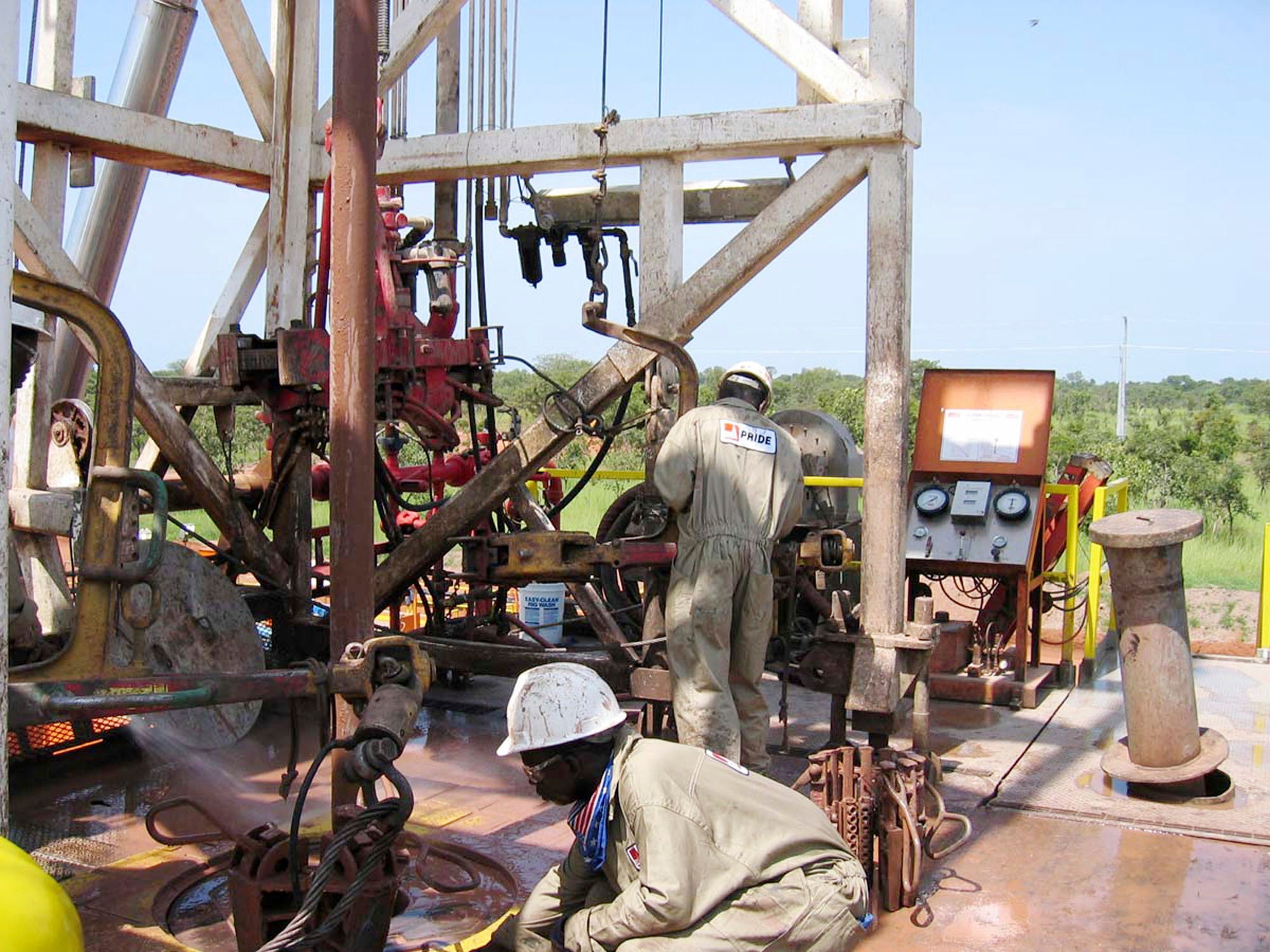Chad nationalizes assets by oil giant Exxon, says government
Chad's government said it was nationalizing all assets from multinational oil giant, Exxon Mobil, including hydrocarbon and exploration permits

Your support helps us to tell the story
From reproductive rights to climate change to Big Tech, The Independent is on the ground when the story is developing. Whether it's investigating the financials of Elon Musk's pro-Trump PAC or producing our latest documentary, 'The A Word', which shines a light on the American women fighting for reproductive rights, we know how important it is to parse out the facts from the messaging.
At such a critical moment in US history, we need reporters on the ground. Your donation allows us to keep sending journalists to speak to both sides of the story.
The Independent is trusted by Americans across the entire political spectrum. And unlike many other quality news outlets, we choose not to lock Americans out of our reporting and analysis with paywalls. We believe quality journalism should be available to everyone, paid for by those who can afford it.
Your support makes all the difference.Chad is nationalizing all assets from multinational oil giant Exxon Mobil, including its hydrocarbon and exploration permits, said the government.
″The finance and budget minister must make sure the said decree is implemented from the date of its publishing," said Haliki Choua Mahamat the government's general secretary on state media.
The nationalization of a private company means that all assets are now owned by the government. While this used to happen in the 1960s and 1970s, it hasn't happened recently and doesn't conform to usual legal frameworks in the sector, say energy experts.
Chad began producing oil in 2003 and Exxon has been operating in the country for several decades. It was running the Doba oil project in Chad.
The move could scare away investors from West Africa at a time of growing global energy demand and a decline in foreign investments in the region, said Olufola Wusu, a partner and head of the oil and gas desk at Megathos Law Practice based in Nigeria.
“Expropriation of any sort without compensation is not a step in the right direction, because it is going to erode investor confidence in that particular country and once investors are jittery, they pull back their investment, so regulators and leaders in Africa need to play by the rules,” he said.
The government’s decision came after a long dispute between Exxon and Chad, which rejected the sale of the company’s operations last year.
Tensions have risen in the West African nation in recent months with unprecedented protests mounting against the government of President Mahamat Idriss Deby.
Deby was declared the head of state after his father’s death in April 2021. The son's succession did not follow Chad's constitutional line of succession. Opposition political parties at the time called the handover a coup d’etat, but later agreed to accept Deby as interim leader for 18 months.
———-
Associated Press reporter Chinedu Asadu in Abjua Nigeria contributed